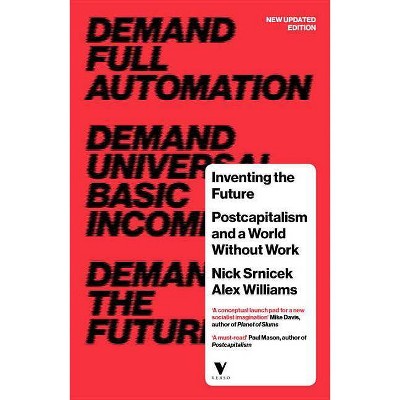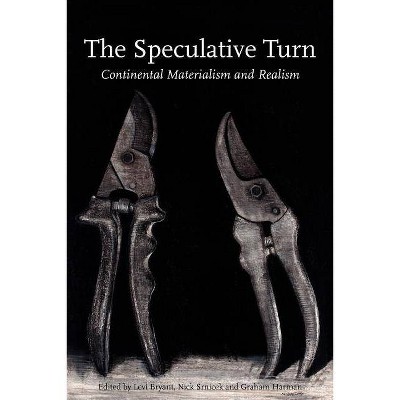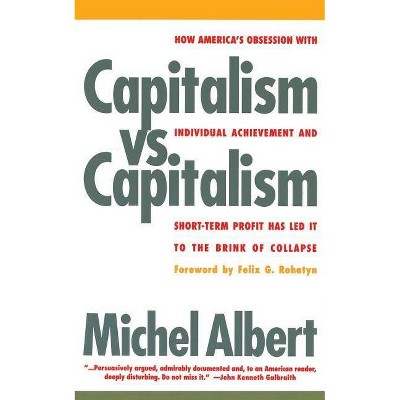Platform Capitalism - (Theory Redux) by Nick Srnicek (Paperback)

Similar Products
Products of same category from the store
AllProduct info
<p/><br></br><p><b> Book Synopsis </b></p></br></br><p>What unites Google and Facebook, Apple and Microsoft, Siemens and GE, Uber and Airbnb? Across a wide range of sectors, these firms are transforming themselves into platforms: businesses that provide the hardware and software foundation for others to operate on. This transformation signals a major shift in how capitalist firms operate and how they interact with the rest of the economy: the emergence of Âplatform capitalismÂ.</p> <p>This book critically examines these new business forms, tracing their genesis from the long downturn of the 1970s to the boom and bust of the 1990s and the aftershocks of the 2008 crisis. It shows how the fundamental foundations of the economy are rapidly being carved up among a small number of monopolistic platforms, and how the platform introduces new tendencies within capitalism that pose significant challenges to any vision of a post-capitalist future. This book will be essential reading for anyone who wants to understand how the most powerful tech companies of our time are transforming the global economy.</p><p/><br></br><p><b> Review Quotes </b></p></br></br><br>'<i>Platform Capitalism</i> is a high definition snapshot of the current political economic situation than manages to get a lot of detail into a tight frame. It offers a convincing image of the current stage of capitalist development as a series of variations on the theme of the platform as a means of consolidating or seizing a kind of monopoly leverage over not only distribution but also production. Srnicek gives good reasons for thinking the platform moment in capital accumulation might be less all-conquering than it looks.' <br /> <b>McKenzie Wark, author of <i>Telethesia: Communication, Culture and Class<br /><br /></i></b>Probe the slithering, creeping collusion between public and private, work and exhaustion, capitalism and death. As cars transform into terrorist devices and public housing explodes into flame through neglectful policies, planning and practices, we require books to understand the loss of agency, the loss of choice and the permanent revolution of fear, confusion and ignorance.<br /><b><i>Times Higher Education Supplement<br /><br /></i></b>...Srnicek builds an illuminating 120-page dissertation on where the platform came from, and where it might take us.<b><br /><i><b>Literary Review of Canada<br /><br /></b></i></b>It's one of those books that so neatly gets to the heart of how modern society in the 21st century functions.<b><br /></b><b><i>Pajiba</i></b><br><p/><br></br><p><b> About the Author </b></p></br></br><p>Nick Srnicek (born 1982) is an American writer and academic. He is currently a lecturer in Digital Economy at King's College London. Born in 1982, Srnicek took a double major in Psychology and Philosophy before completing an MA at the University of Western Ontario in 2007. He proceeded to a PhD at the London School of Economics, completing his thesis in 2013 on Representing complexity: the material construction of world politics. He has worked as a Visiting Lecturer at City University and the University of Westminster. Srnicek is associated with the political theory of accelerationism and a post-scarcity economy.</p>
Price History
Cheapest price in the interval: 12.99 on October 22, 2021
Most expensive price in the interval: 12.99 on December 20, 2021
Price Archive shows prices from various stores, lets you see history and find the cheapest. There is no actual sale on the website. For all support, inquiry and suggestion messages communication@pricearchive.us




















